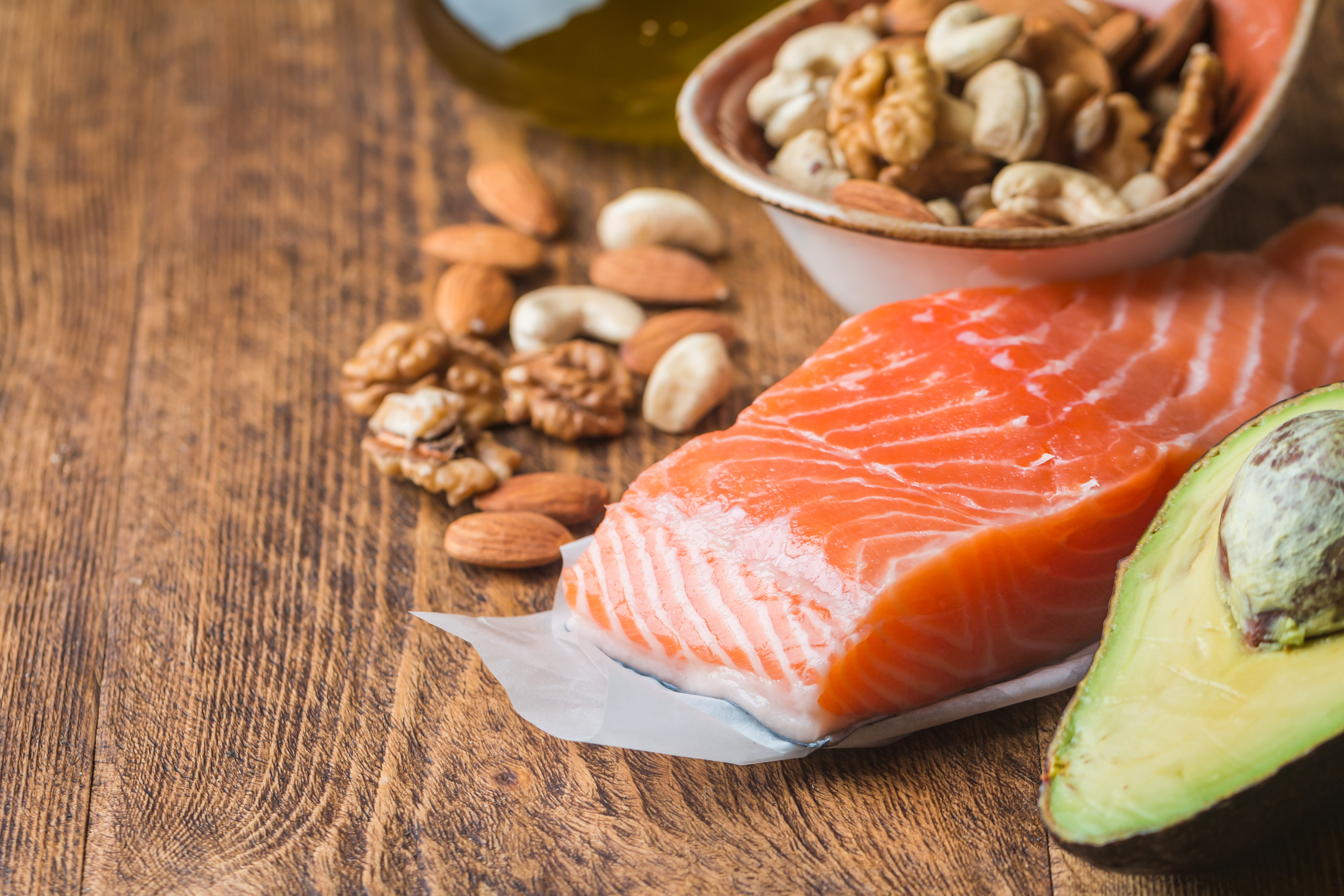Effortless Daily Habits for Naturally Balanced Blood Pressure
You might not feel your blood pressure rising—but your body does. Left unchecked, it becomes a silent architect of risk: fueling heart attacks, strokes, kidney damage, and chronic fatigue without warning signs. But here’s the good news—keeping it in check doesn’t require drastic overhauls or a prescription pad. The real magic lies in the small things you do every single day. That’s why we’ve expanded our guide to 31 Effortless Daily Habits for Naturally Balanced Blood Pressure—tiny, science-backed shifts that slip easily into your routine but deliver outsized results. From hydration tweaks and posture upgrades to breathing cues and bedtime rituals, these habits work quietly in the background to support a healthier, steadier you. Whether you're managing hypertension, navigating occasional dips, or simply optimizing long-term wellness, these tools are designed for real life—not perfection. Because balance isn’t a finish line. It’s a rhythm—and it starts here.
1. The Role of Nutrition in Blood Pressure Management

Nutrition plays a pivotal role in managing blood pressure. A diet rich in fruits, vegetables, whole grains, and lean proteins can significantly impact your blood pressure levels. Potassium, found in bananas, sweet potatoes, and spinach, helps balance the amount of sodium in your cells, promoting healthy blood pressure. Additionally, reducing sodium intake is critical, as excess salt can lead to increased blood pressure. The DASH (Dietary Approaches to Stop Hypertension) diet, specifically designed to combat hypertension, emphasizes foods low in sodium and high in potassium, calcium, and magnesium. By making mindful dietary choices, you can support your cardiovascular system and maintain balanced blood pressure.
2. The Power of Regular Physical Activity

Engaging in regular physical activity is one of the most effective ways to manage blood pressure. Exercise strengthens the heart, enabling it to pump blood more efficiently, which can lower the pressure on your arteries. Aerobic exercises such as walking, jogging, cycling, and swimming are particularly beneficial. Aim for at least 150 minutes of moderate-intensity exercise per week. Additionally, incorporating strength training exercises twice a week can further enhance cardiovascular health. Consistency is key, and finding activities you enjoy can make it easier to maintain an active lifestyle. By prioritizing physical activity, you can achieve better blood pressure control and overall health.
